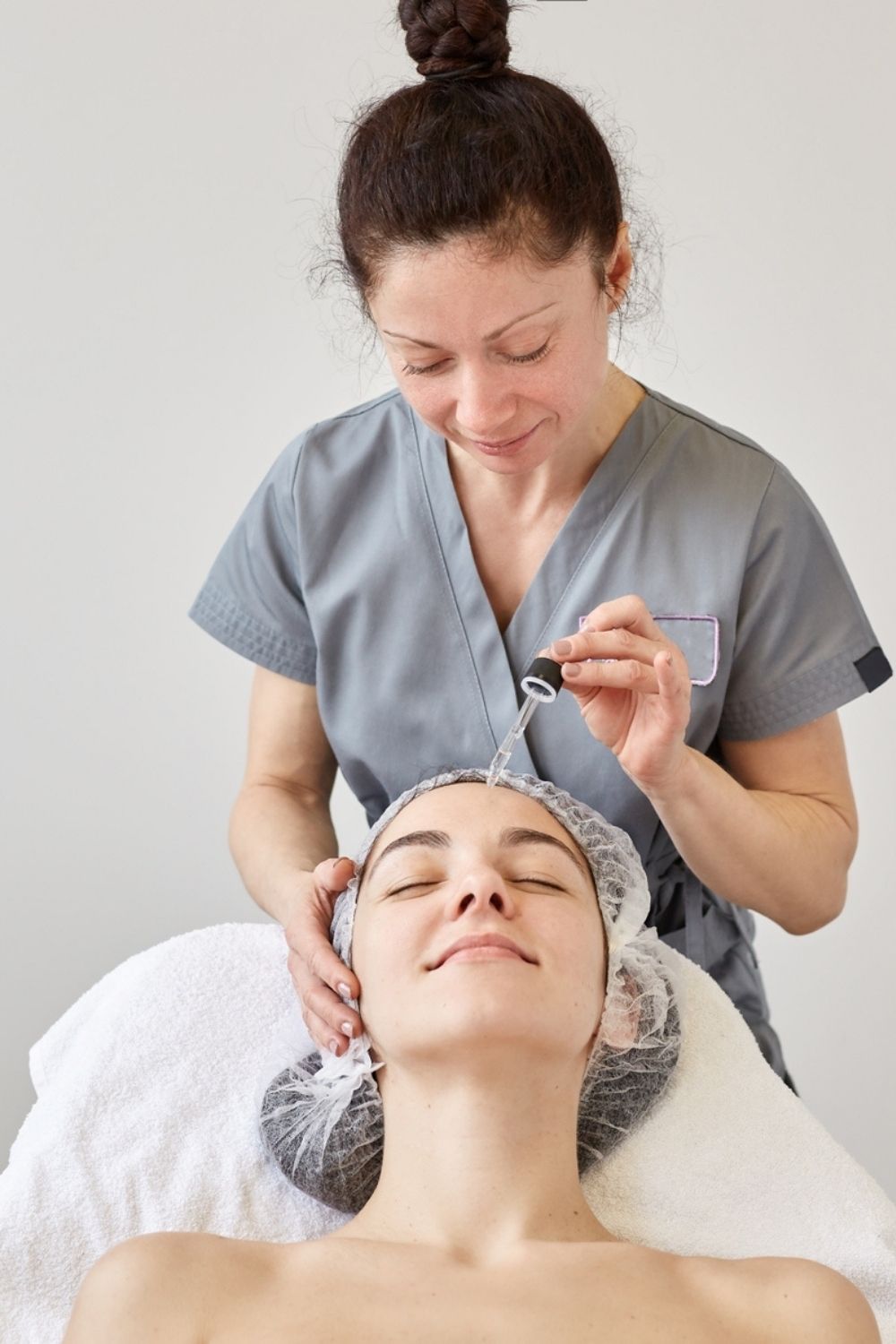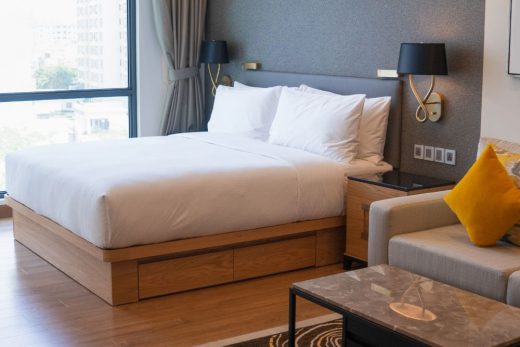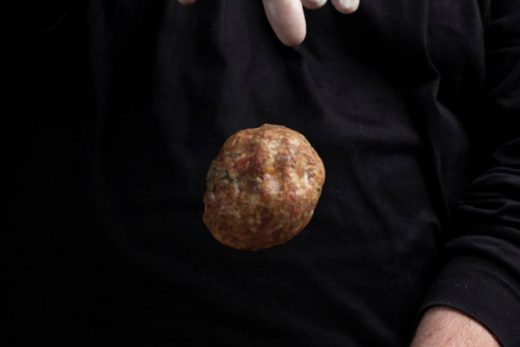Acne is a problematic skin condition that affects at least four out of every five individuals aged between 11 and 30 years. While the severity and particular details about every person’s struggle with acne defers, most people experience an acne breakout at least once during their lifetime.
The problem does not only affect the wellbeing of the affected person’s skin but can also take a toll on the person’s self-confidence and how they feel about themselves – it causes an unpleasant visual appearance that people often consider dreadful.
Unfortunately, people often start to pick at their skin the moment a new outbreak develops without first learning how to pop a pimple [2] the right way, which can lead to scars being left behind. We’ve compiled a guide that outlines the most appropriate ways in which to take care of acne breakouts and, of course, how you can prevent them from returning in the future.
How To Pop A Pimple.. Properly?
While it may seem like popping a pimple is very simple, doing it too much and not doing it correctly can be troublesome as this could leave behind acne scars and harm your skin. Thus, a careful procedure should be utilized to pop a pimple without causing your acne problem to become worse or your skin becoming irritated.
Acne.org provides a very effective guide to popping a pimple without aggravating the issue. You will need rubbing alcohol, a needle and two tissues for this process. Start by using the rubbing alcohol to disinfect the needle, and then use the needle to prick a small hole into the surface of a pimple you are trying to pop. Once you’ve pricked the pimple, wrap the tissues around both index fingers and gently squeeze from the two sides of a pimple. Be sure you are gentle it is vital that you do not force a pimple to pop.
Preventing Future Development of Pimples
Popping a pimple is the most obvious way to get rid of it, especially if you have an event that’s coming up and you’re frustrated with that unpleasant growth on your face. Unfortunately, popping can sometimes make the problem worse, but, luckily, there are ways to prevent pimples from forming – preventing the problem is much better than having to take care of it.
For example, if you know you have oily skin [4] , then you already know you are at a higher risk of developing acne, so special precaution should be taken to ensure your skin does not become excessively oily during the day.
WebMD [5] explains that the most appropriate method for keeping your face clear of acne breakouts and pimples is to ensure your skin is always clean. Wash your face with a product that has been made specifically for your skin type two times every day – once in the morning and once before you go to bed. After you have washed your face, apply some moisturizer.
Similar to face wash, you should also use a moisturizer that is appropriate for your particular face type. For example, if you have an oily face, you should avoid using a moisturizer that has been developed for dry skin.
If you are trying to find out how to get rid of acne [6] , then taking care of your face by using appropriate, high-quality products are not the only effective strategy that you can use.
In fact, simple lifestyle changes and other strategies that do not involve applying any product to your face can also have a significant impact on the overall wellbeing of your facial skin and, of course, help to get rid of existing pimples and prevent future acne breakouts.
Here are a couple of useful tips that can help you treat acne prone skin to help prevent the development of more pimples and achieve clearer skin:
- Diet – What you eat has an impact on the wellbeing of your skin. Some foods can help to reduce acne breakouts, while others can aggravate the problem considerably. Annmarie Gianni [7] recommends avoiding cow’s milk, sugar-rich food, junk food and fast food as these can lead to acne breakouts. On the other hand, food like flax seeds, green tea, fish, walnuts, oysters and probiotic-rich foods should be included more in your diet to prevent breakouts.
- Drink lots of water to keep your body hydrated and to ensure an adequate amount of water is supplied to your skin, which will keep it healthy. This can reduce the risk of developing new pimples.
- Exercise frequently – this may be a bit contradicting since exercising promotes sweating, which may lead pimples. The truth is, as long as you drink enough water before, during and after exercise, and ensure you do not allow the sweat to collect on your skin for too long, you can still use exercise to your advantage.
- Do not touch your face excessively [8] . A lot of people are used to touching their face during the day, and this can cause dirt to pile up on their skin, which then leads to the development of pimples. If you do intend to touch your face, first wash your hands with soap that has antibacterial agents. This will ensure that bacteria cannot build up on your skin and lead to more pimples forming.
- You sleep on your pillows every night, which means dirt and bacteria build up on your pillowcase over time. This contributes to the bacterial growth and can cause breakouts to become much more severe. Ensure you wash your pillow cases frequently to ensure they are clean and do not contain and bacterial growths.
Be Really Cautious When You Pop Your Pimple!
Pimples are a real pain for many people. In fact, studies show that most people will suffer from a breakout at least once. This problem can cause problems with the person’s facial skin and even make them feel more conscious about the appearance of their face. Popping a pimple may seem like an appropriate solution, but not doing this process the right way could be problematic and make the problem worse. Instead, try the technique we’ve discussed here and also implement the preventative measures to avoid future acne breakouts.





